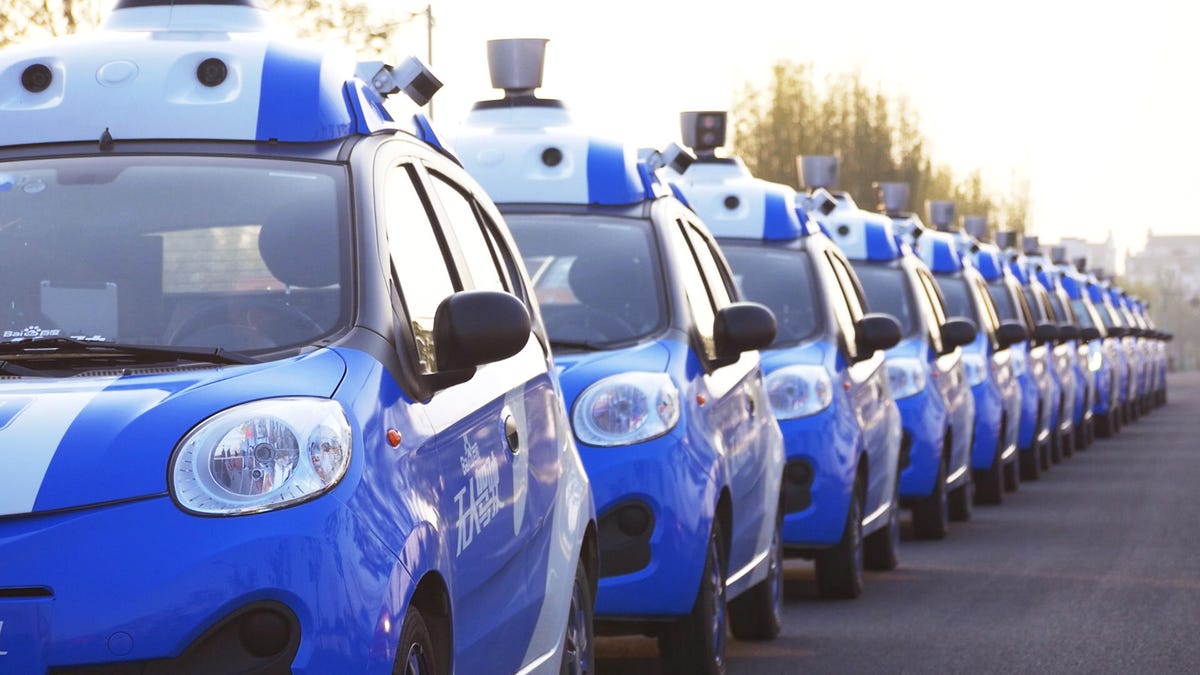Baidu's Apollo teams up with Mobileye to smarten up its decision making
Apollo is quickly becoming the go-to self-driving tech for Chinese OEMs, but can Mobileye's brilliant RSS system take Apollo global?

Baidu , aka China's version of Google , has its fingers in a lot of pies, maybe most notably, autonomous driving. Its open-source Apollo self-driving car program has been around for awhile now and has been adopted by several small autonomous vehicle startups here in the US. Baidu plans to take a giant leap forward by integrating Mobileye's Responsibility Sensitive Safety and Surround Computer Vision Kit into Apollo.
Responsibility Sensitive Safety (RSS) is a pretty unique system in the world of self-driving software in that it allows the vehicle to make decisions more like a human would, including acting more aggressively when it deems it's necessary to do so. This is especially handy in a country like China, where the sheer number of vehicles and pedestrians can make driving a decidedly less ordered affair that it might be in a typical self-driving car testing location.
Compared to Mobileye's test vehicle, Apollo 2.0 testers are not quite as sleek-looking.
Rather than use RSS on its own, Baidu plans to integrate it into Apollo's own decision-making software which is known as DPS. This works because RSS isn't designed as a black box. Those companies adopting it can see how it works and understand its decision-making processes. It's also unique in that it is more or less technology-agnostic, meaning it will work with a variety of systems without having to be massively overhauled.
Here are RSS and the Surround View Camera Kit in action in Jerusalem during a recent demo:
The Surround View Camera Kit is a system designed to link 12 separate cameras, positioned around the vehicle in strategic areas that then provide a comprehensive picture of the area surrounding the car. In Mobileye's testing, their autonomous vehicles use only the camera system and GPS to self-drive, no radar or lidar.
Both Mobileye and Baidu envision their respective software becoming global standards. Who knows, if the RSS-enhanced Apollo software is super effective in China, it stands to reason that it could very well end up being the default, off-the-shelf option for autonomous vehicle development.

